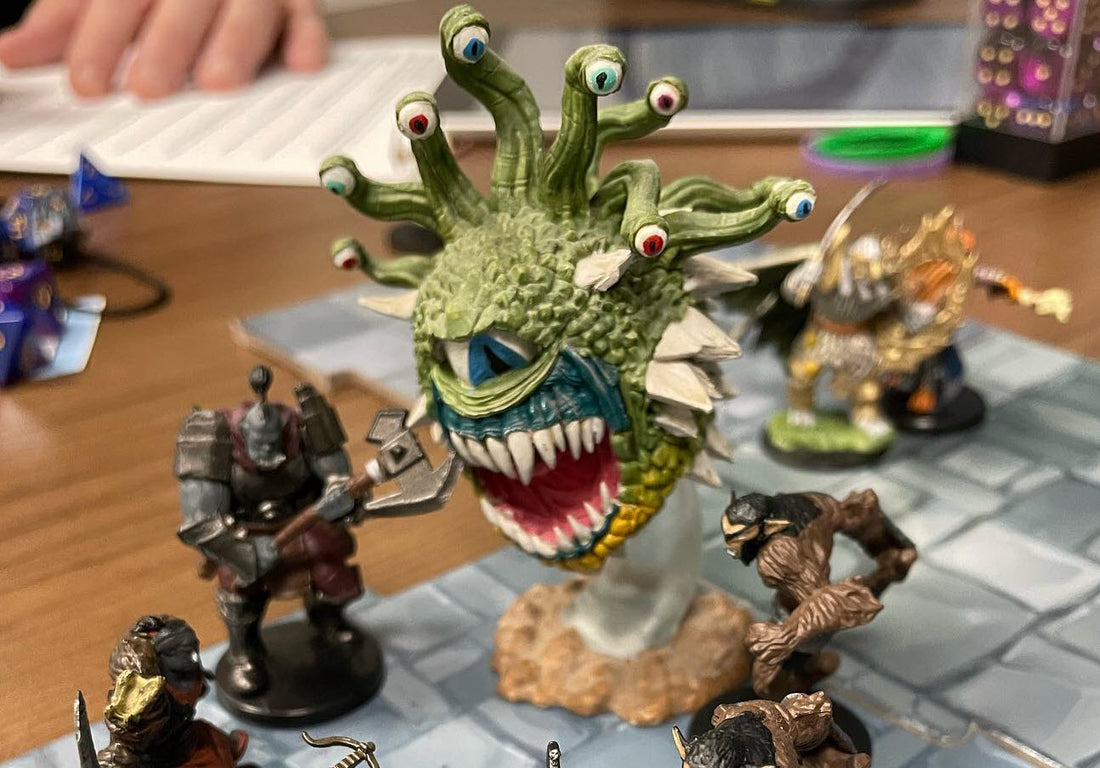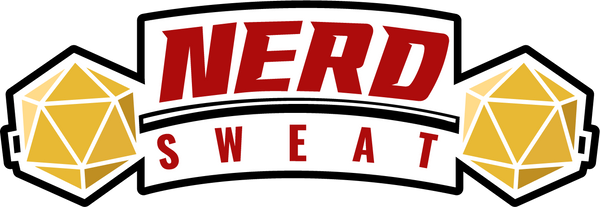
Getting Started: A Beginner's Guide to Dungeons & Dragons
Dungeons & Dragons (D&D) has captivated the imaginations of millions since its debut in 1974. Whether you've seen it played in shows like Stranger Things or heard friends talk about their epic campaigns, you might be curious about how to get started with this iconic tabletop role-playing game (RPG). This guide will walk you through the essentials to embark on your own D&D adventure.
What is Dungeons & Dragons?
At its core, D&D is a collaborative storytelling game. Players create characters, such as brave warriors, cunning rogues, or wise wizards, and embark on adventures in a world crafted by the Dungeon Master (DM). The DM is the game's narrator and referee, guiding the story and playing the role of the world and its inhabitants.
The game is driven by imagination, dialogue, and dice rolls. The dice determine the outcome of actions, adding an element of chance and excitement to every decision.
What You Need to Start Playing
1. A Group to Play With
D&D is a social game, and the first step is finding people to play with. Typically, a group consists of 3-6 players, plus the DM. If you don’t know anyone who plays, consider these options:
- Local Game Stores: Many game stores host D&D nights where you can join a group.
- Online Communities: Websites like Reddit’s r/lfg (Looking For Group) and platforms like Roll20 allow you to find players from around the world.
2. The Basic Rules
While the full D&D experience involves several core rulebooks, you can start with the free Basic Rules. This PDF includes everything you need to create characters, understand the game mechanics, and run a simple game. For a more in-depth experience, consider investing in the Player’s Handbook.
3. A Character Sheet
Your character sheet is where you’ll record your character’s abilities, skills, and equipment. You can download a printable character sheet from the official D&D website or use digital tools like D&D Beyond, which also assists with character creation.
4. Dice
D&D uses a variety of dice, with the most important being the 20-sided die (d20). You’ll also need a set that includes a 4-sided (d4), 6-sided (d6), 8-sided (d8), 10-sided (d10), and 12-sided (d12) die. You can purchase a set from your local game store or use digital dice rollers available online.
5. A Notebook and Pen
Keeping notes during the game helps you remember key details about the story, your character’s progress, and any quests you’re involved in. Some players also enjoy drawing maps or sketching their characters.
Finding or Forming a Group
The social aspect of D&D is one of its greatest strengths, but it can be intimidating if you're new. Here are a few ways to connect with other players:
- Friends and Family: Introduce the game to people you know. Starting with familiar faces can make the first few sessions less daunting.
- Join an Existing Group: Use platforms like Meetup or your local game store's bulletin board to find groups that are open to new players.
- Online Play: If in-person play isn’t an option, online platforms like Roll20, Fantasy Grounds (my favorite), or even Discord can help you connect with players and run virtual games.
First-Time Player Tips
-
Start Simple: Don’t worry about understanding every rule right away. Focus on the basics—how your character works and the flow of the game. The rest will come with experience.
-
Ask Questions: D&D veterans love helping newcomers. Don’t hesitate to ask your DM or fellow players if something is unclear.
-
Embrace Role-Playing: D&D is about having fun and telling a story. Get into character, make bold decisions, and don’t be afraid to take risks.
-
Be Patient: The first few sessions might feel overwhelming. As you play, you’ll become more comfortable with the rules and find your stride in the game.
Resources to Help You Along the Way
- D&D Beyond: A comprehensive online toolset for character creation, rules reference, and campaign management.
- Critical Role: Watching live-play shows like Critical Role can give you a sense of how a D&D game flows and inspire your own adventures.
- Dungeon Master's Block: A podcast with tips and advice for both players and DMs, great for new and experienced players alike.
Conclusion
Starting your journey in Dungeons & Dragons is a thrilling adventure in itself. With the right group, a basic understanding of the rules, and a willingness to immerse yourself in the game, you’ll soon be crafting epic tales and rolling dice with confidence. Remember, every great adventurer was once a beginner, just like you. Happy gaming!
